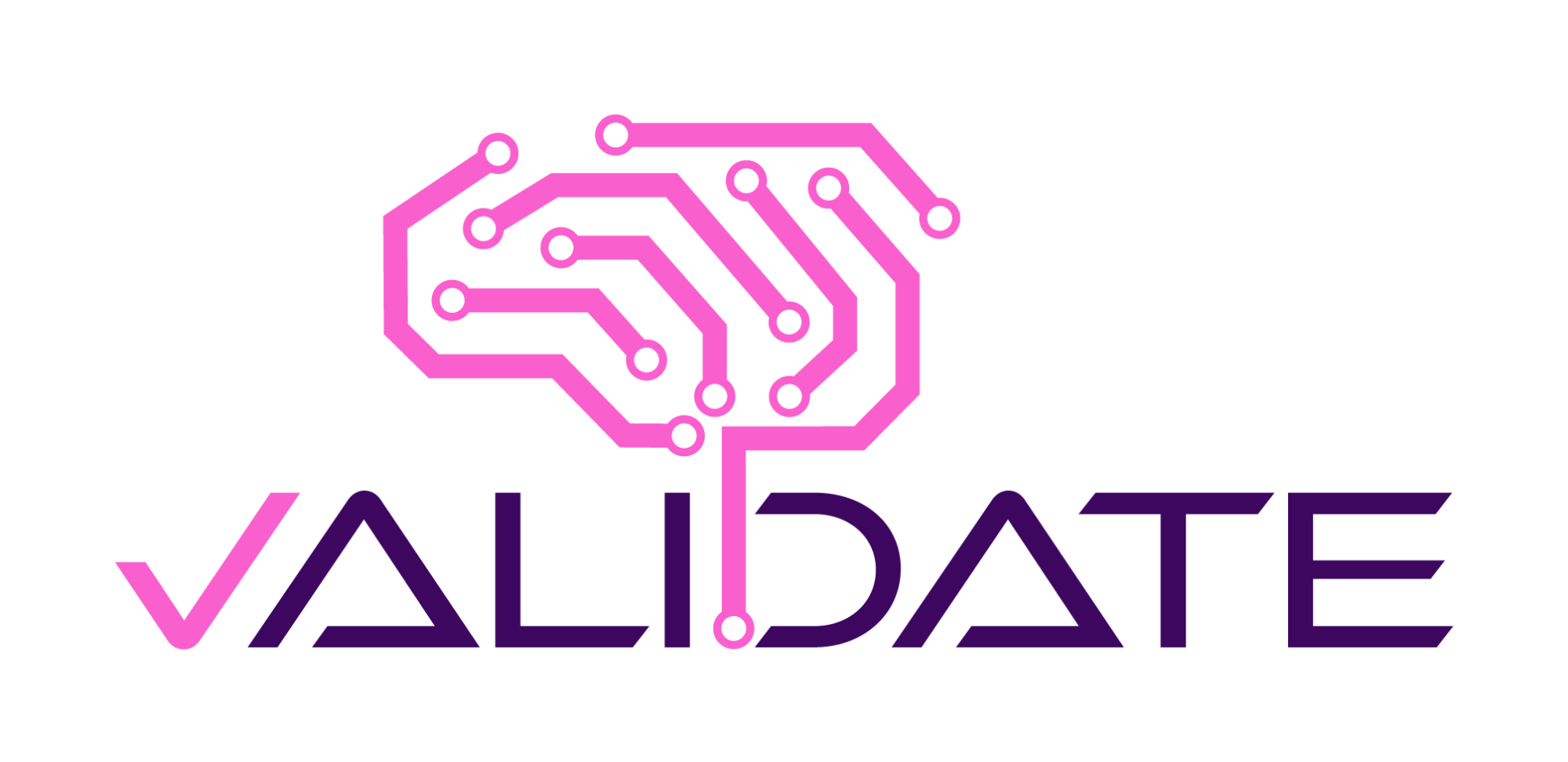
VALIDATE: Making AI safe for stroke care decision making
VALIDATE: Making AI safe for stroke care decision making

AI (Artificial Intelligence) is changing how doctors treat strokes by analysing large amounts of patient data quickly and helping doctors make decisions. But AI must be safe, fair and trustworthy before it is used by healthcare professionals in hospitals. The EU-funded VALIDATE research project is working to ensure that AI is created trustworthy and used safely and responsibly in stroke treatment.
How AI can help stroke treatment
Every year, over one million people in the EU have an ischemic stroke, when a blood clot blocks the flow of oxygen to the brain.
Doctors use two main treatments for this type of strokes:
Mechanical thrombectomy (MT): A mechanical tool removes the clot from the brain.
Intravenous thrombolysis: An intravenous drug dissolves the clot.
Both treatments can be effective, but they do not work the same for everyone. Factors like time since the stroke, patient age, health problems and genetics can affect the outcome. The VALIDATE project is creating an AI tool that will analyse patient data and support doctors in their decisions to choose the best treatment for each patient.
How VALIDATE ensures their use of AI is safe
AI in healthcare must be tested and monitored to prevent mistakes and bias. The VALIDATE project is making sure AI is trustworthy, safe and effective through careful design and evaluation:
- Training AI with diverse data: AI learns from patient data and the team ensures that the data represents many different people to reduce bias.
- Working with experts and patients: Doctors, AI developers and patient groups are giving feedback to improve the AI.
- Following strict rules: The team follows EU AI safety laws and ethical guidelines to make sure the AI is safe and fair.
- Testing AI for accuracy: AI models are checked and improved continuously to avoid errors and ensure reliability.
Leaders in the VALIDATE project believe that AI can help making huge improvements to stroke treatment if used responsibly. Riana Mutua, scientist at the Berlin Institute for Health explains how:
“Ensuring AI is trustworthy in healthcare requires more than just technical excellence. At VALIDATE, we collaborate with doctors, patients and AI developers while following strict ethical and regulatory guidelines. By using interdisciplinary methods, we will create an AI system that doctors can rely on and that truly benefits patients.”
Arlene Wilkie, Director General of the Stroke Alliance for Europe (SAFE), states: “It is essential that stroke survivors have a voice in the development of AI tools that will impact their care. Through VALIDATE, we ensure that this technology is designed with both patients and clinicians in mind, ultimately improving outcomes and quality of life for those affected by stroke.”
The future of AI in stroke care
The VALIDATE project is helping to shape the future of AI in healthcare. By prioritising trustworthiness, safety, fairness and testing, this project ensures that AI-based decision support systems will become trusted tools in hospitals with stroke treatment becoming more accurate and personalised, leading to better outcomes for people worldwide.
For more information, see video: https://youtu.be/AKt5wX9x8qM
Or visit the Validate website: https://validate-project.eu

The VALIDATE project receives funding from the European Commission’s Horizon Europe Programme under grant agreement number 101057263.

VALIDATE: Making AI safe for stroke care decision making



